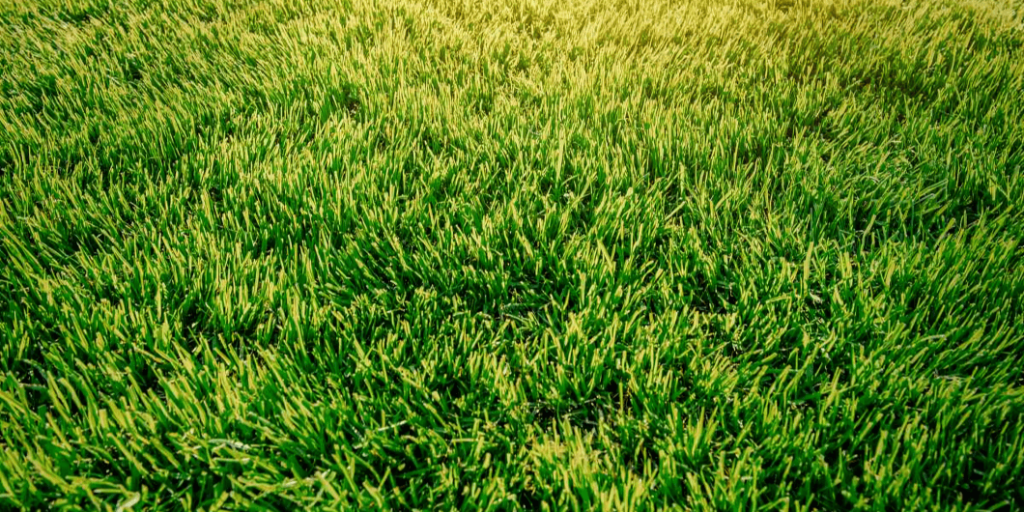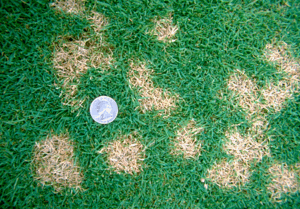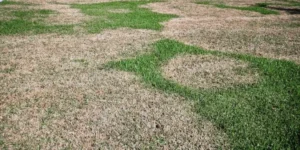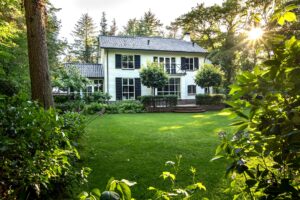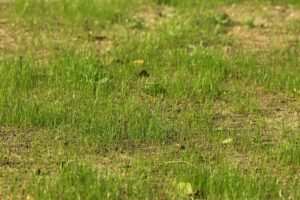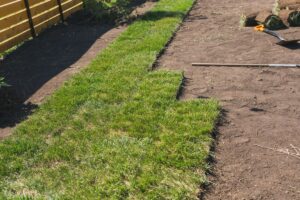Selecting the right grass seed for your lawn in York County, SC, is a critical decision that affects the health, appearance, and maintenance needs of your yard. Each type of grass seed comes with its own set of pros and cons, making it essential to understand the options available before you make your choice. This blog will explore various grass seed types suited to York County’s climate and soil conditions, helping you make an informed decision.
Understanding York County’s Climate and Soil
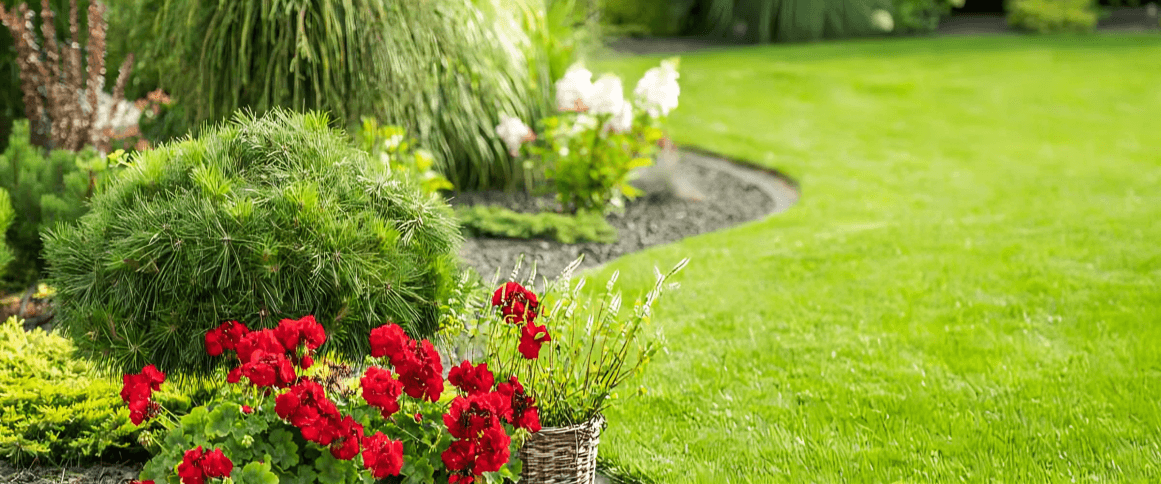
York County is located in the southeastern United States, experiencing a mix of warm, humid summers and mild winters. This region’s climate supports both cool-season and warm-season grasses, but each type has specific advantages and challenges.
Cool-Season Grasses
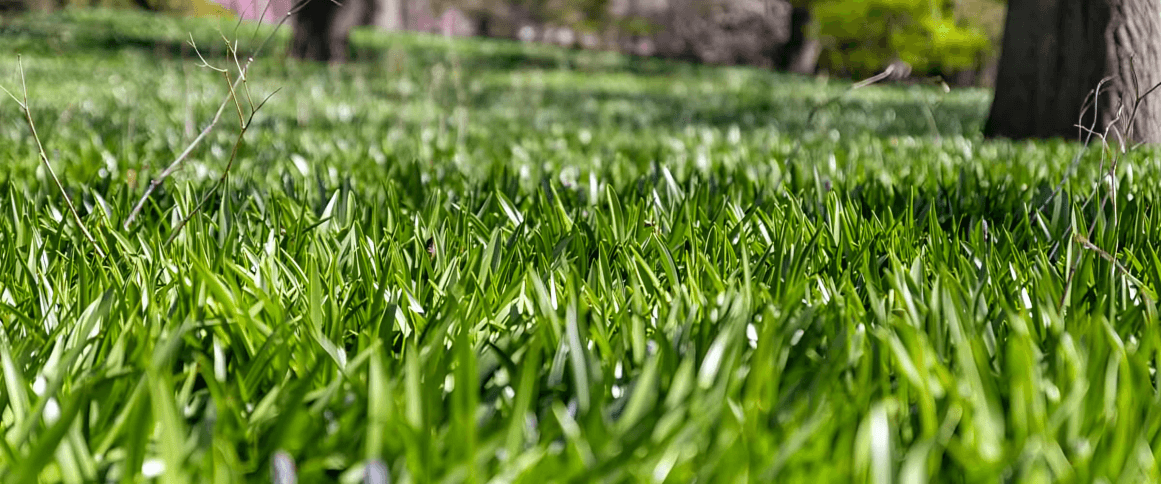
Cool-season grasses thrive in cooler temperatures and are commonly used in areas with mild winters and hot summers. Below are the most popular cool-season grasses for York County:
1. Tall Fescue
Pros:
- Adaptability: Tall fescue tolerates a wide range of soil types and pH levels, making it a versatile choice for many lawns.
- Shade Tolerance: This grass performs well in shaded areas, making it ideal for yards with trees or structures.
- Year-Round Greenery: As a cool-season grass, tall fescue remains green throughout the year, even during winter.
- Low Maintenance: Requires moderate fertilization and watering.
Cons:
- Thatch Accumulation: Over time, tall fescue can develop thatch, which requires periodic dethatching.
- Drought Sensitivity: While it can tolerate short dry spells, prolonged droughts may stress the grass.
- Repair Needs: Damaged areas may require reseeding to recover fully.
2. Fine Fescue
Pros:
- Low Maintenance: Fine fescue requires less mowing and fertilization compared to other grass types.
- Shade Tolerance: Performs exceptionally well in shaded areas.
- Drought Tolerance: Can survive dry periods better than many other cool-season grasses.
Cons:
- Limited Traffic Tolerance: Fine fescue is not ideal for lawns with high foot traffic.
- Heat Sensitivity: Struggles during the hottest parts of summer.
Warm-Season Grasses
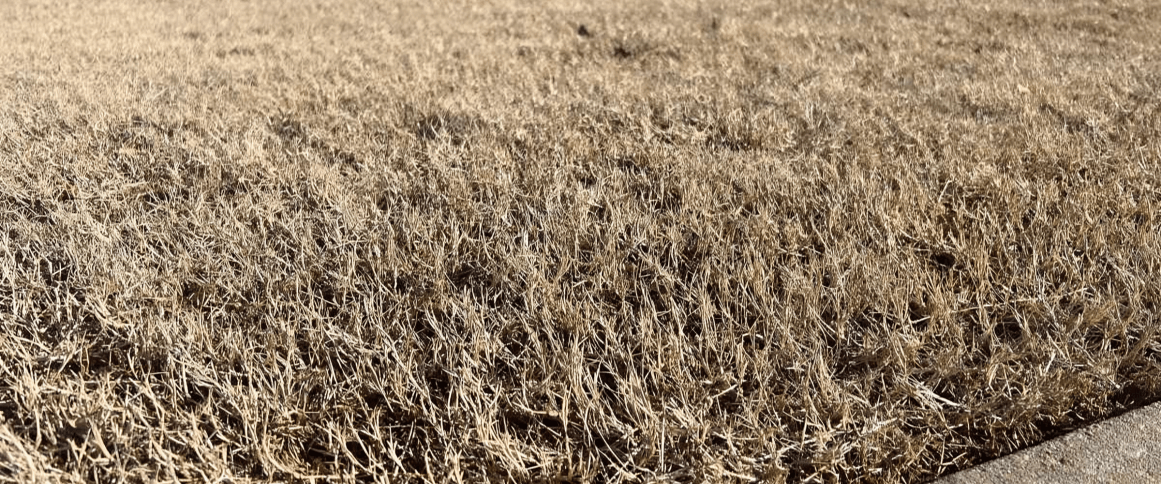
Warm-season grasses thrive in hot weather and are popular in southern climates. They grow actively during the summer and go dormant in the winter.
1. Bermuda Grass
Pros:
- Heat and Drought Tolerance: Thrives in hot, sunny conditions and withstands periods of drought.
- Quick Growth: Bermuda grass establishes quickly, making it ideal for new lawns or repairs.
- Durability: Handles heavy foot traffic, making it perfect for play areas and high-use lawns.
- Dense Growth: Forms a thick, lush lawn that resists weeds.
Cons:
- Invasive Nature: Spreads aggressively and can invade flower beds or neighboring lawns.
- High Maintenance: Requires frequent mowing and fertilization to maintain its appearance.
- Dormancy in Winter: Turns brown and dormant in cooler months, reducing aesthetic appeal.
2. Zoysia Grass
Pros:
- Cold Tolerance: More cold-tolerant than other warm-season grasses, making it suitable for York County’s winters.
- Drought Resistance: Can survive dry conditions due to its deep root system.
- Dense Growth: Forms a thick lawn that resists weeds.
- Low Mowing Frequency: Grows slower than Bermuda grass, reducing mowing needs.
Cons:
- Slow Establishment: Takes longer to grow and fill in compared to Bermuda grass.
- Expensive Seed or Sod: Zoysia grass is more costly to install initially.
- Shade Sensitivity: Prefers full sun and may struggle in shaded areas.
3. St. Augustine Grass
Pros:
- Shade Tolerance: Performs well in shaded areas, making it a good option for lawns with trees or structures.
- Fast Growth: Establishes quickly, either through sod or plugs.
- Thick Coverage: Forms a dense, lush lawn that suppresses weeds.
Cons:
- Cold Sensitivity: Does not tolerate cold weather well, and York County’s winters may stress it.
- High Maintenance: Requires frequent watering, fertilizing, and mowing.
- Vulnerability to Pests: Susceptible to chinch bugs and other lawn pests.
Factors to Consider When Choosing Grass Seed
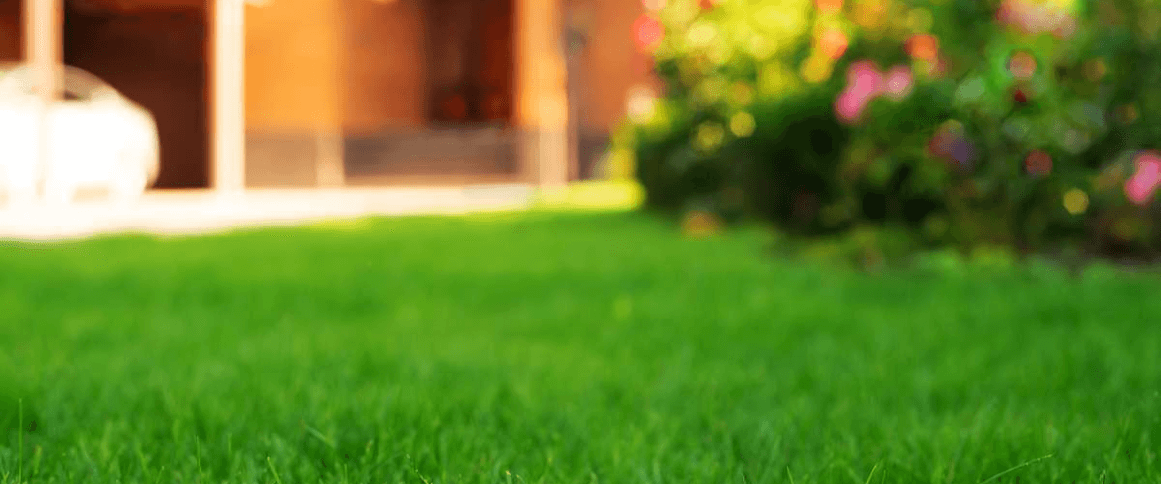
1. Sunlight Availability
- Full Sun: Bermuda grass and Zoysia grass thrive in sunny areas.
- Shaded Areas: Fine fescue and St. Augustine grass are better suited for shade.
2. Traffic Levels
- High Traffic: Bermuda grass handles heavy foot traffic well.
- Low Traffic: Fine fescue is ideal for low-use lawns.
3. Watering Requirements
- Drought Resistance: Bermuda and Zoysia grasses excel in dry conditions.
- Moisture Needs: Tall fescue requires consistent watering during dry periods.
4. Seasonal Appearance
- Year-Round Greenery: Tall fescue provides green coverage throughout the year.
- Dormancy in Winter: Warm-season grasses like Bermuda and Zoysia go dormant and turn brown in cooler months.
Watering and Maintenance Tips
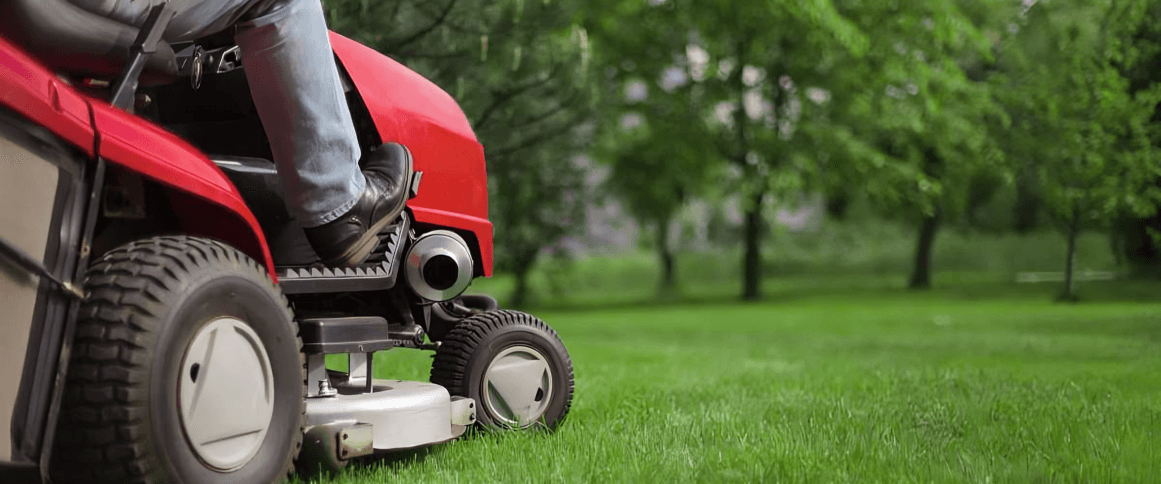
Proper watering and maintenance are crucial for the success of any grass type. Here are some general guidelines:
- New Grass Seed: Water daily to keep the soil moist during germination.
- Established Lawns: Water deeply and less frequently to encourage deep root growth.
- Mowing: Follow recommended mowing heights for each grass type to prevent stress.
- Fertilization: Use appropriate fertilizers based on the grass variety and seasonal needs.
Call Hippo Turf Care Today!
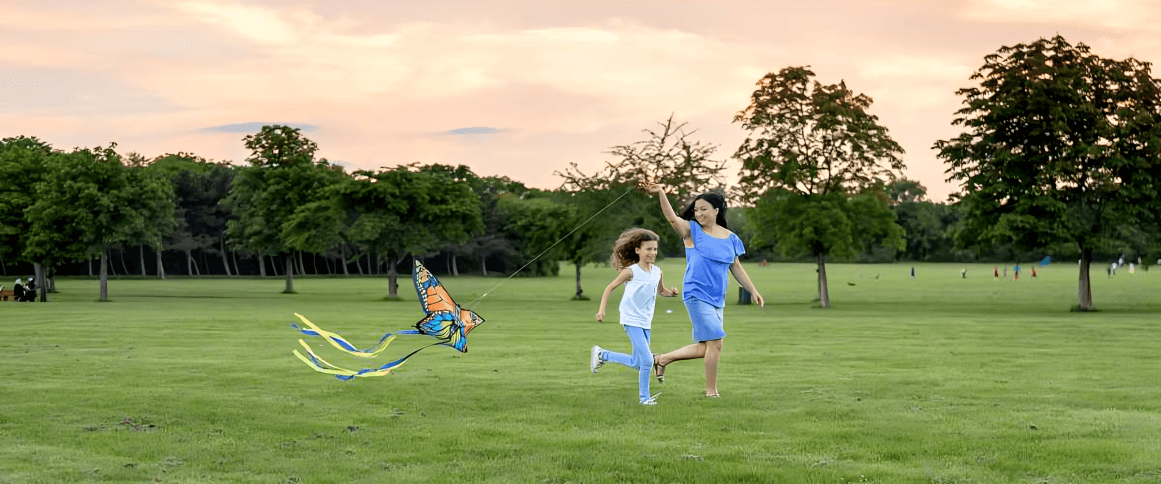
Choosing the right grass seed for your York County lawn doesn’t have to be overwhelming. By understanding the pros and cons of each type, you can make an informed decision that suits your yard’s unique needs. For expert advice and professional lawn care services, call 803-810-1145 today. Hippo Turf Care proudly serves York County, SC, and the surrounding areas. Let us help you achieve the lush, vibrant lawn you’ve always wanted!

